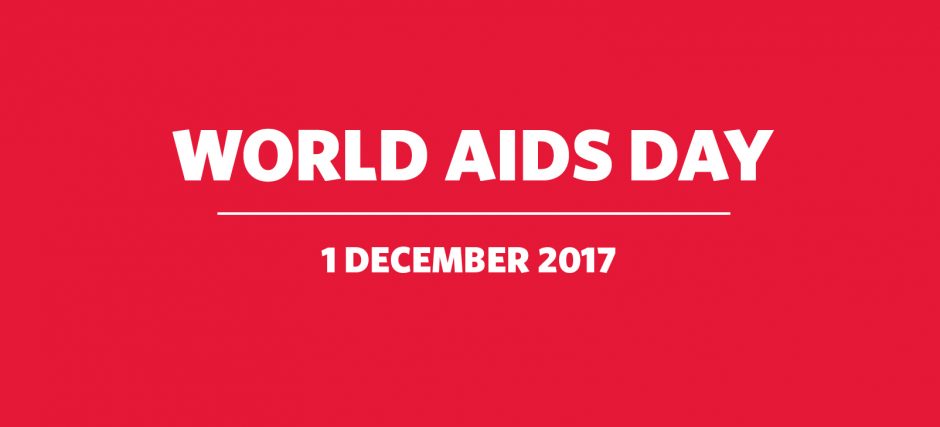
On December 1, we join communities worldwide in commemorating World AIDS Day to remember those who have died from an AIDS-related illness, unite in support of those living with HIV, and raise awareness about the ongoing fight against HIV/AIDS.
In Canada, December 1st also marks the start of Aboriginal AIDS Awareness Week.
This year, UN AIDS is casting a light on the importance of the right to health with a #myrighttohealth campaign.
The right to health means that everyone is entitled to benefit from the best standard of physical and mental health; this right is enshrined in the 1966 International Covenant on Economic, Social and Cultural Rights and in the Universal Declaration of Human Rights. Yet globally, one in four people living with HIV have experienced discrimination in health care.
In fact, those most frequently denied basic healthcare are also those who are most marginalized in society. Perhaps not surprisingly, these are also groups who are most impacted by HIV. Marginalized populations include youth, sex workers, migrant women, and indigenous and racialized communities. In Canada specifically, HIV incidence is much higher among Aboriginal people, newcomers from countries where HIV is endemic, people who inject drugs, and men who have sex with men.
UBC researchers continue to lead the way in addressing this critical societal challenge by exploring treatment and prevention initiatives, including safe injection sites and simple screening tests, and by exploring differences in access to healthcare resources amongst various populations.
This World AIDS Day, take time to reflect on the intrinsic relationship between equitable and inclusive communities and the universal right to health.
Background
The virus that causes AIDS was first identified in 1984. The first World AIDS Day was held in 1988. Since the virus was identified, more than 35 million people have died of HIV or AIDS globally, and, by the end of 2014, some 65,000 people were living with HIV in Canada. On average, seven Canadians are infected with HIV every day, with one in four of those infected being female.